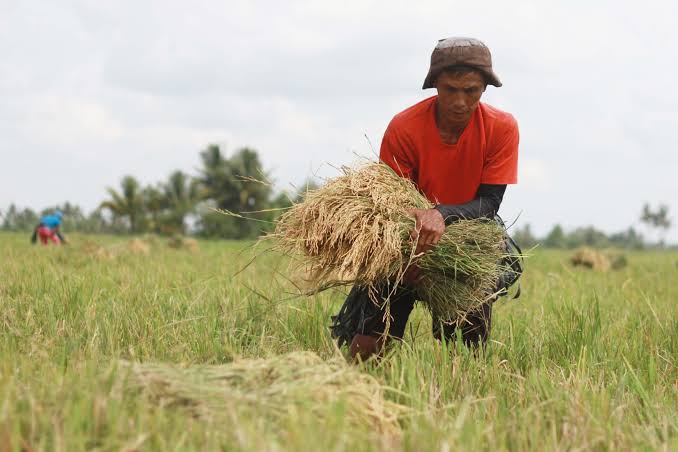Bill allowing 99-year land lease for foreigners a threat to farmers' rights, sovereignty—Bayan Muna
At A Glance
- Bayan Muna has expressed its firm opposition to a measure aiming to extend the maximum period foreigners can lease lands in the country from the previous 75 to 99 years, citing its threat to sovereignty and farmers' rights.
 (MANILA BULLETIN)
(MANILA BULLETIN)
Bayan Muna has expressed its firm opposition to a measure aiming to extend the maximum period foreigners can lease lands in the country from the previous 75 to 99 years, citing its threat to sovereignty and farmers’ rights.
This, after the House of Representatives on Dec. 18 approved on third and final reading House Bill (HB) No. 10755. The bill is a priority measure of President Marcos under the Legislative-Executive Development Advisory Council (LEDAC).
The House’s approval came two days after the Senate approved its counterpart measure, embodied in Senate Bill No. (SBN) 2898.
In a statement, Bayan Muna said granting foreigners near-permanent control over the country’s lands would threaten the future generations of Filipinos.
The leftist group that said if such a measure is enacted, foreign corporations would be the ones benefiting from the “fruits of our land and resources” instead.
“Hence, we call to reject House Bill No. 10755 and any measure that threatens our sovereignty, farmers’ rights, indigenous peoples’ rights, and national development,” said Bayan Muna.
According to former Bayan Muna Party-list congresswoman Eufemia Cullamat, allowing foreigners to lease lands for up to 99 years undermines decades of efforts to provide land access to Filipinos.
“This is nothing less than a gateway to land grabbing and disenfranchisement,” she said.
Cullamat specifically called out how HB No. 10755 fails to safeguard ancestral domains from being leased, which she says leaves them vulnerable to foreign corporate interests.
She said Indigenous Peoples (IPs), who have long fought for the recognition of their ancestral lands, are now at risk of being displaced or marginalized further.
“To extend leasing rights to foreign entities over these lands for 99 years is a direct assault on the rights of indigenous communities to self-determination and stewardship of their ancestral domains” added Cullamat.
The former lawmaker pointed out the bill would only exacerbate the already dire conditions of landlessness, poverty, and exploitation in the Philippines.
“History has shown that when lands are controlled by foreign or corporate interests, it is the small farmers and indigenous peoples who suffer the most. They are displaced, silenced, and stripped of their rights to land ownership, sustainable livelihood, and cultural practices,” she explained.
Cullamat also criticized the “dangerous loopholes” in the bill due to its lack of clear demarcation between private and public lands, as well as the inclusion of agricultural and patrimonial properties. She said this would subject lands to “exploitative provisions”.
“It is clear that the bill prioritizes the interests of foreign investors over the needs of our farmers, workers, indigenous peoples, and local industries,” the former solon noted.
“How can we call this economic development when the very foundation of our agricultural sector—the Filipino farmer—and the cultural backbone of our indigenous communities are being eroded for foreign profits?” she added, questioning the bill’s intentions.